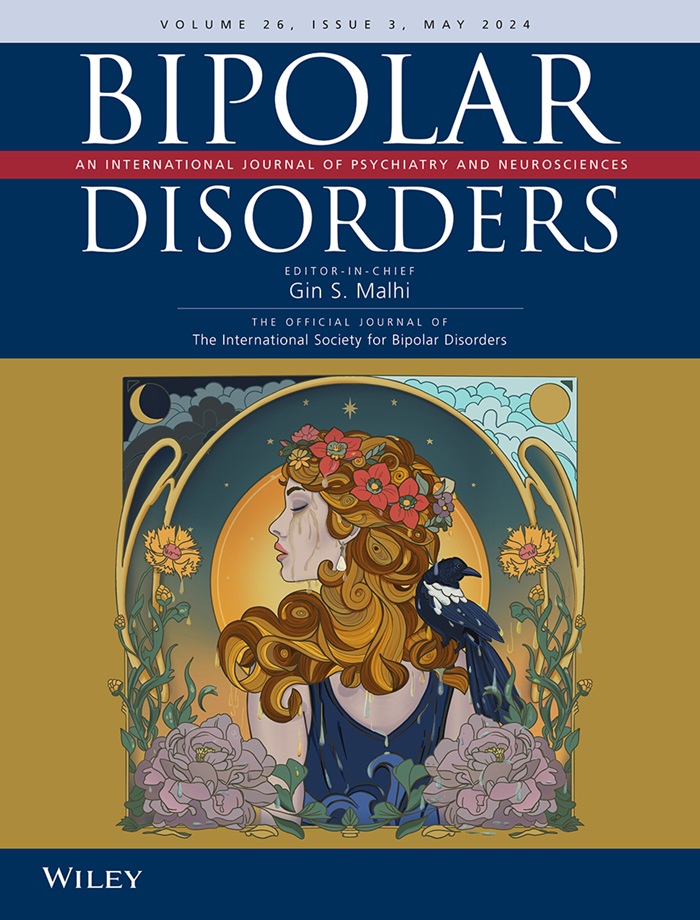Prescribed psychostimulants and other pro-cognitive medications in bipolar disorder: A systematic review and meta-analysis of recurrence of manic symptoms
Abstract
Objectives
Clinicians are often hesitant to prescribe psychostimulants in bipolar disorder (BD) due to concerns of inducing (hypo)mania, despite limited published evidence on associations between prescribed psychostimulant use and recurrence of mood episodes in BD. The current systematic review and meta-analysis evaluated the emergence of (hypo)manic symptoms in patients with BD receiving prescribed psychostimulants or other pro-cognitive medications in euthymic or depressive states.
Methods
A systematic search was performed of MEDLINE, Embase, and PsychINFO from inception to April 5, 2023 and search of Clinicaltrials.gov and Clinicaltrialsregister.eu for unpublished data. References of included studies were hand-searched. Randomized trials and prospective longitudinal studies that evaluated psychostimulants and non-stimulant medications recommended for the treatment of ADHD by the Canadian ADHD practice guidelines were included. The review was reported in line with PRISMA guidelines and was preregistered on PROSPERO (CRD42022358588).
Results
After screening 414 unique records, we included 27 studies, of which five reported data that was quantitatively synthesized (n = 1653). The use of psychostimulants in BD was not associated with increased scores on the Young Mania Rating Scale in patients who were in a euthymic or depressed state (SMD IV −0.17; 95% CI, −0.40 to 0.06) compared to placebo. There was a high degree of study-level heterogeneity (I2 = 80%). A qualitative synthesis of studies revealed a limited risk of medication-induced manic symptoms.
Conclusions
Our review provides preliminary evidence to suggest psychostimulants and non-stimulant ADHD medications have a limited risk of precipitating (hypo)mania symptoms. More extensive studies evaluating the safety and efficacy of these medications are warranted.


 求助内容:
求助内容: 应助结果提醒方式:
应助结果提醒方式:


